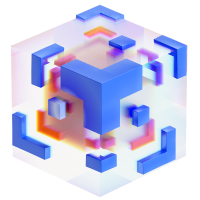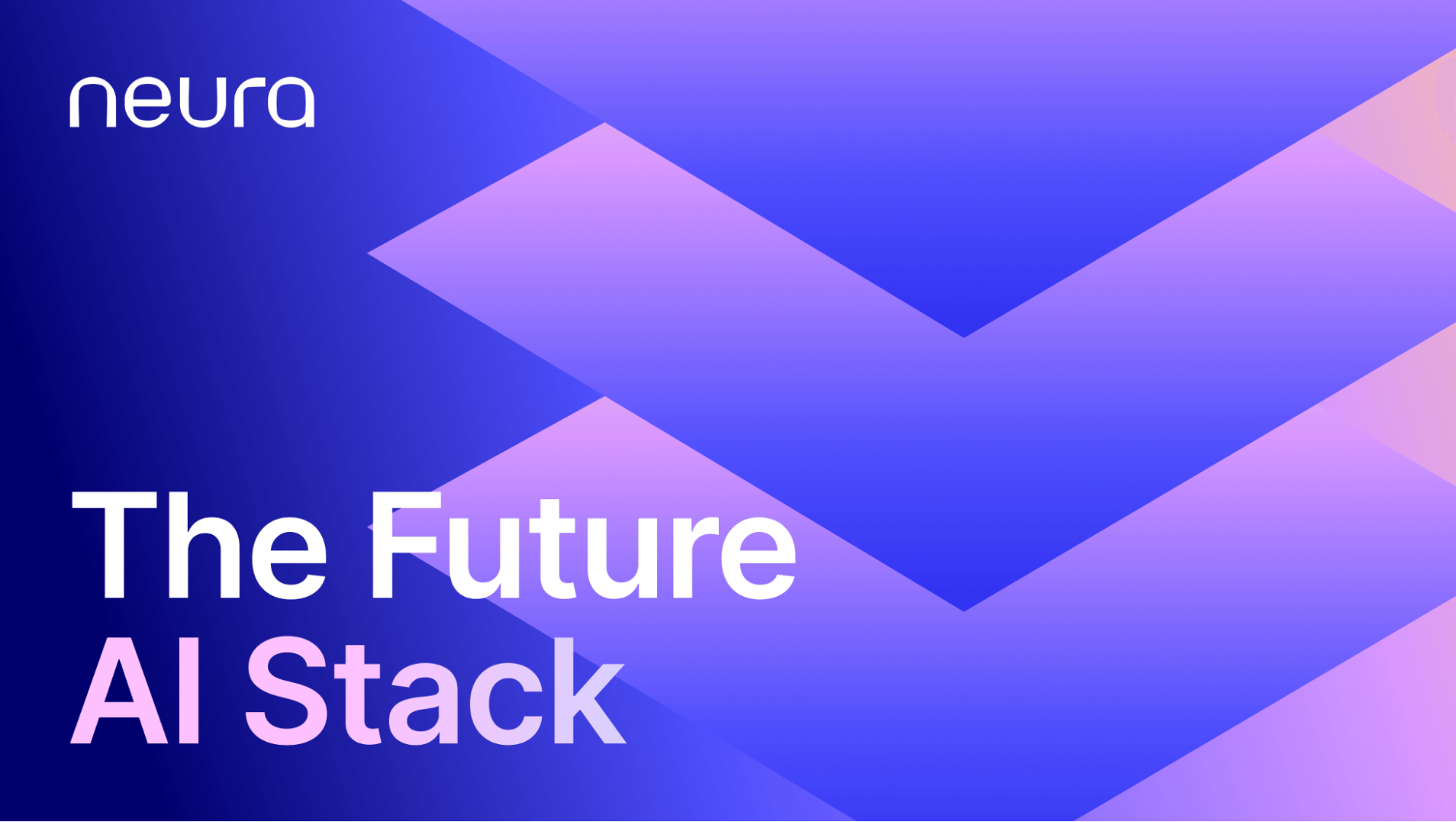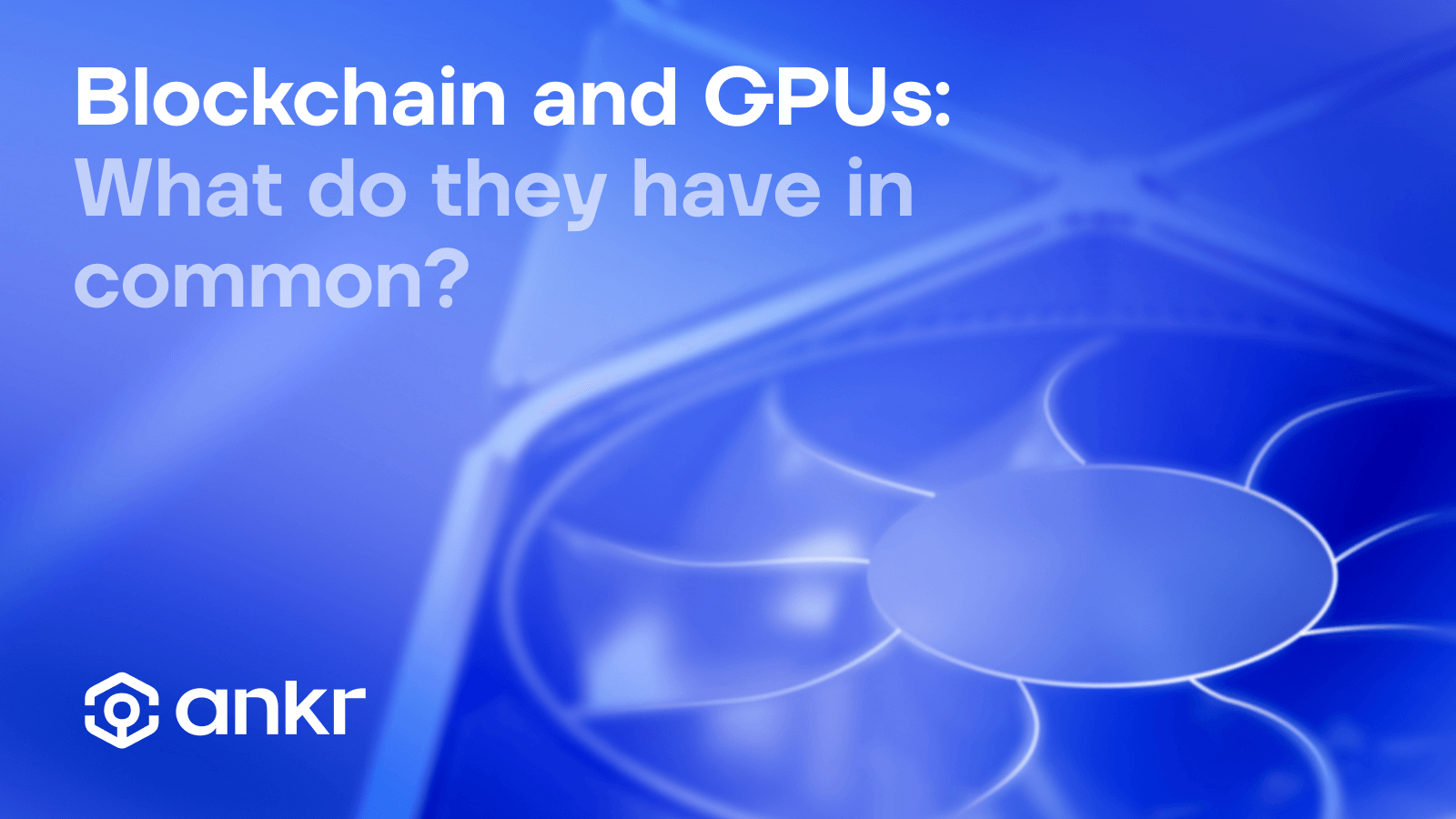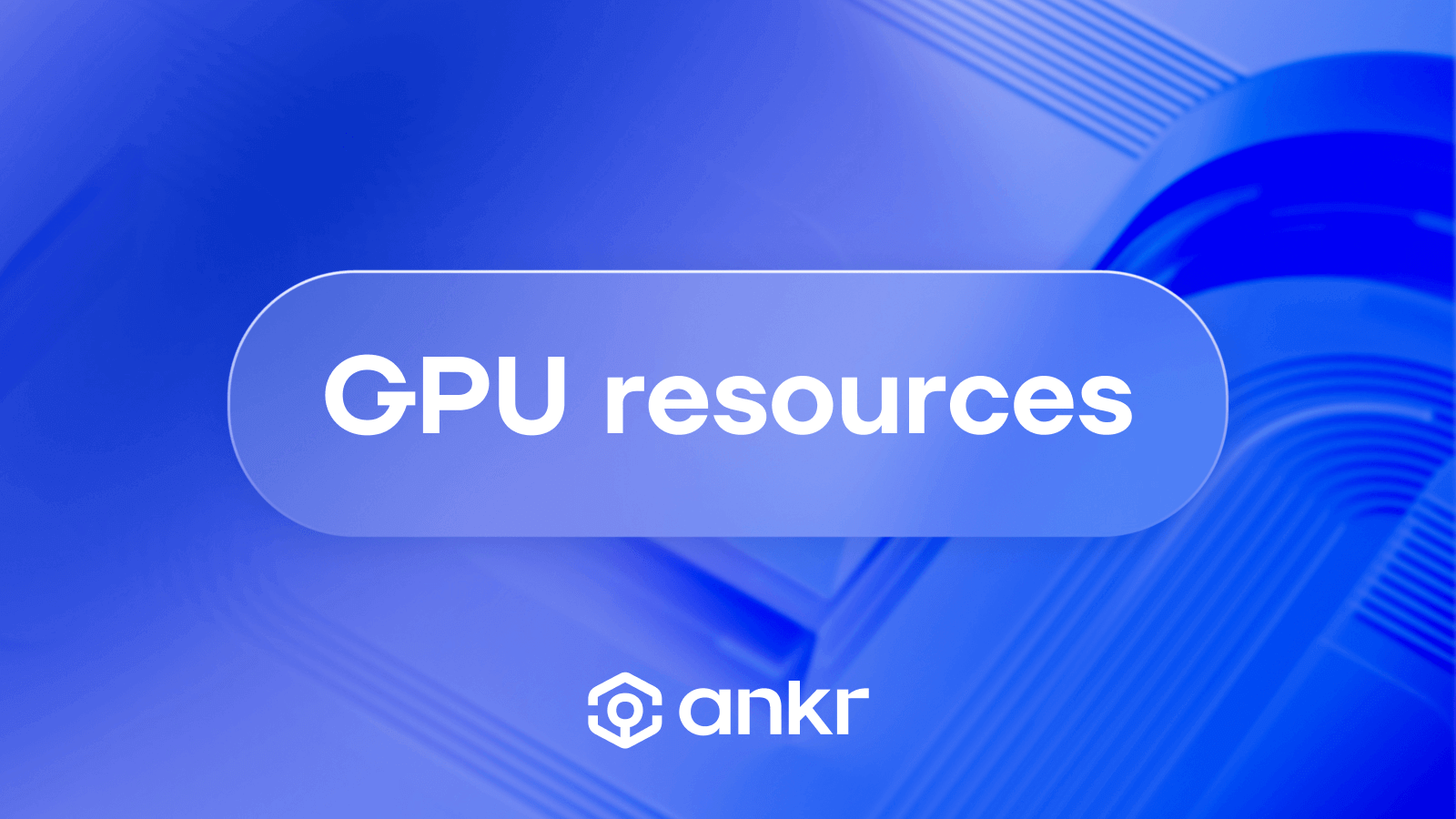Top 10 GPU Cloud Providers and a Decentralized Disruptor

July 3, 2024
4 min read
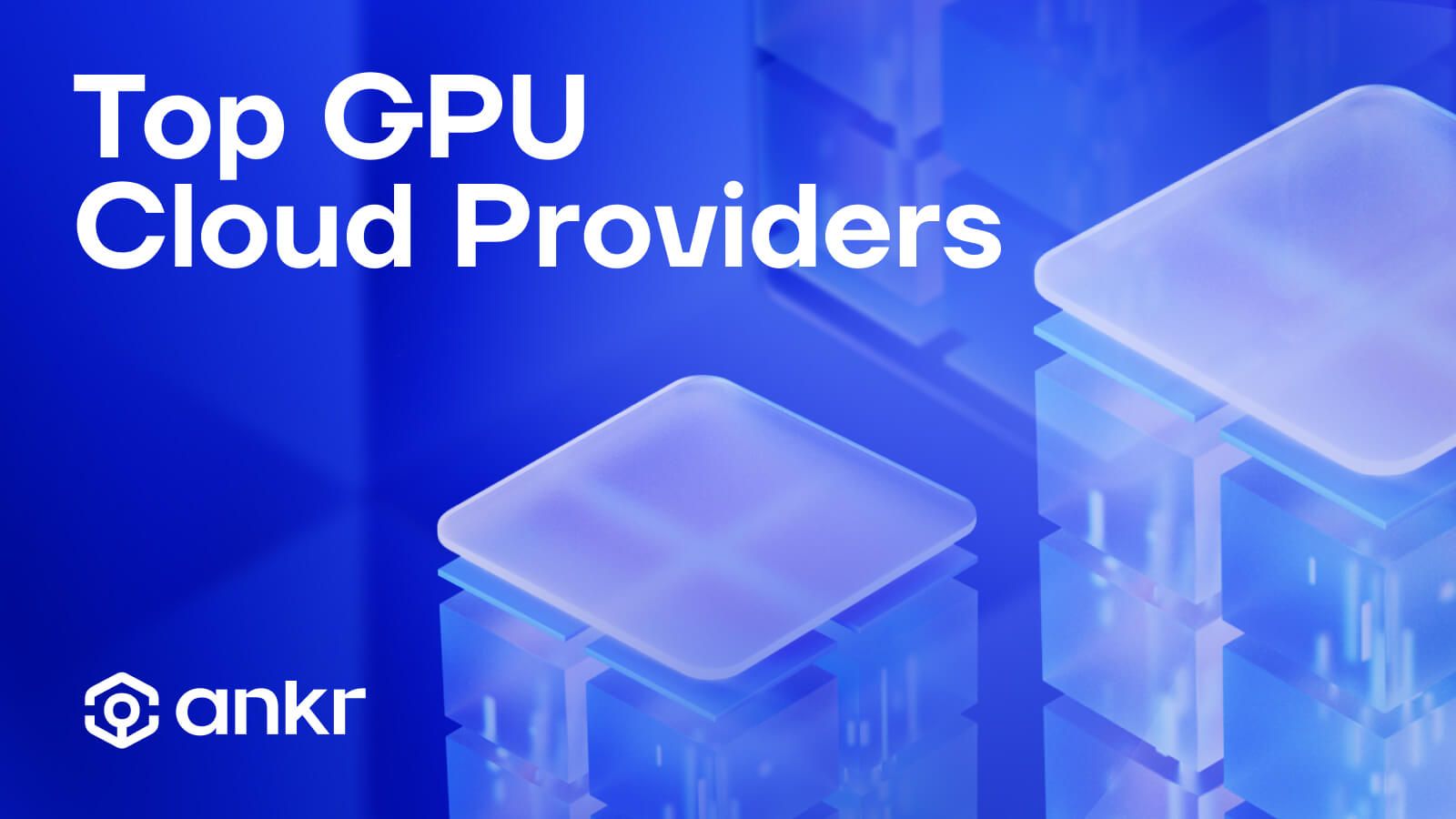
Artificial intelligence (AI) has become the driving force behind innovation across various industries. From powering self-driving cars to revolutionizing medical diagnostics and creating life-like special effects in movies, AI relies heavily on a specific kind of processing power: Graphics Processing Units (GPUs).
Traditional CPUs struggle with the complex mathematical computations required for AI tasks. GPUs, on the other hand, excel at parallel processing, making them ideal for accelerating AI workloads. However, not everyone has the resources to invest in high-end GPUs. This is where Cloud GPU providers come in.
These providers offer on-demand access to powerful GPUs hosted in their data centers. Users can rent virtual machines with GPUs for a specific period, pay-as-you-go, eliminating the upfront cost of buying and maintaining their own hardware.
What is a GPU Cloud Provider?
A GPU cloud provider is a company that rents out virtual machines equipped with powerful GPUs. These virtual machines can be accessed remotely via the internet, allowing you to leverage their processing power for various tasks, including:
- Deep learning and machine learning applications
- High-performance computing (HPC) workloads
- Video editing and rendering
Top 10 Cloud GPU Providers
In no particular order, here's a breakdown of the top Cloud GPU providers and a new, disruptive alternative that's shaking things up. Keep in mind that the “best” GPU provider for your business depends on your unique desires for cost, flexibility, scalability, and more.
- Amazon Web Services (AWS): A leader in cloud computing, AWS offers a wide range of GPU instances through its EC2 service. These instances are powered by various NVIDIA GPUs, catering to diverse workloads.
- Microsoft Azure: A strong competitor to AWS, Azure boasts a robust selection of N-Series GPU VMs, ideal for tasks like video editing, 3D rendering, and deep learning.
- Google Cloud Platform (GCP): GCP provides high-performance GPUs for scientific computing, machine learning, and more. Their GPUs are integrated with other GCP services like AI Platform, simplifying AI development.
- Paperspace: This provider offers a user-friendly platform with pay-as-you-go hourly billing for GPU instances. They cater to individual developers and small businesses.
- Vast ai: Focused on deep learning, Vast.ai offers high-performance workstations and cloud computing resources specifically optimized for AI projects.
- Oracle Cloud Infrastructure (OCI): OCI provides access to a range of NVIDIA GPUs on their cloud platform. They offer competitive pricing and integration with other Oracle services.
- IBM Cloud: IBM Cloud offers a variety of GPU configurations to suit different workloads. They also integrate their GPUs with AI development tools like IBM Watson Studio.
- CoreWeave: This provider focuses on high-performance computing (HPC) and offers a range of GPU options for computationally intensive tasks.
- Jarvis Labs: Specializing in deep learning, Jarvis Labs provides high-performance GPU instances with a focus on ease of use and scalability.
- Runpod: This provider offers a unique containerized approach to GPU cloud computing. Users can easily deploy pre-configured containers with specific software and libraries for their AI projects.
Benefits of using a GPU Cloud Provider for Blockchain x AI
There are several advantages to using the best GPU cloud provider for Blockchain x AI activities:
- Accessibility: Access powerful GPUs from anywhere in the world with an internet connection. This eliminates the need for physical hardware setup and management.
- Reliability: Many GPU cloud provider services offer robust infrastructure with high uptime guarantees, ensuring the smooth operation of your validator nodes.
- Support: Evaluate the level of customer support offered by the provider.
The Future of Cloud GPU Providers
The Cloud GPU market is expected to experience significant growth in the coming years, driven by the increasing demand for AI applications. Traditional providers will likely continue to refine their offerings, focusing on aspects like:
- Performance: Developing even more powerful GPU instances to handle complex AI tasks.
- Integration: Seamless integration with AI development tools and frameworks.
- Security: Enhancing security features to address the growing concerns about data privacy.
However, the rise of decentralized solutions presents a compelling alternative. As the technology matures and the network grows, Web3 has the potential to offer a more cost-effective, scalable, and user-centric approach to AI computing.
Final Thoughts
Cloud GPU providers have become an essential tool for anyone working in the field of AI. By understanding the top players and the innovations you can make an informed decision about the best solution for your specific needs. The future of AI computing is bright, and both traditional and decentralized providers will play a crucial role in enabling the next generation of groundbreaking discoveries.
For more insights on GPUs, AI, and the future of computing, check out our detailed articles on top GPUs for AI and GPU resources.
Join the Conversation on Ankr’s Channels!
Twitter | Telegram | Discord | YouTube | LinkedIn | Instagram | Reddit | All Links


